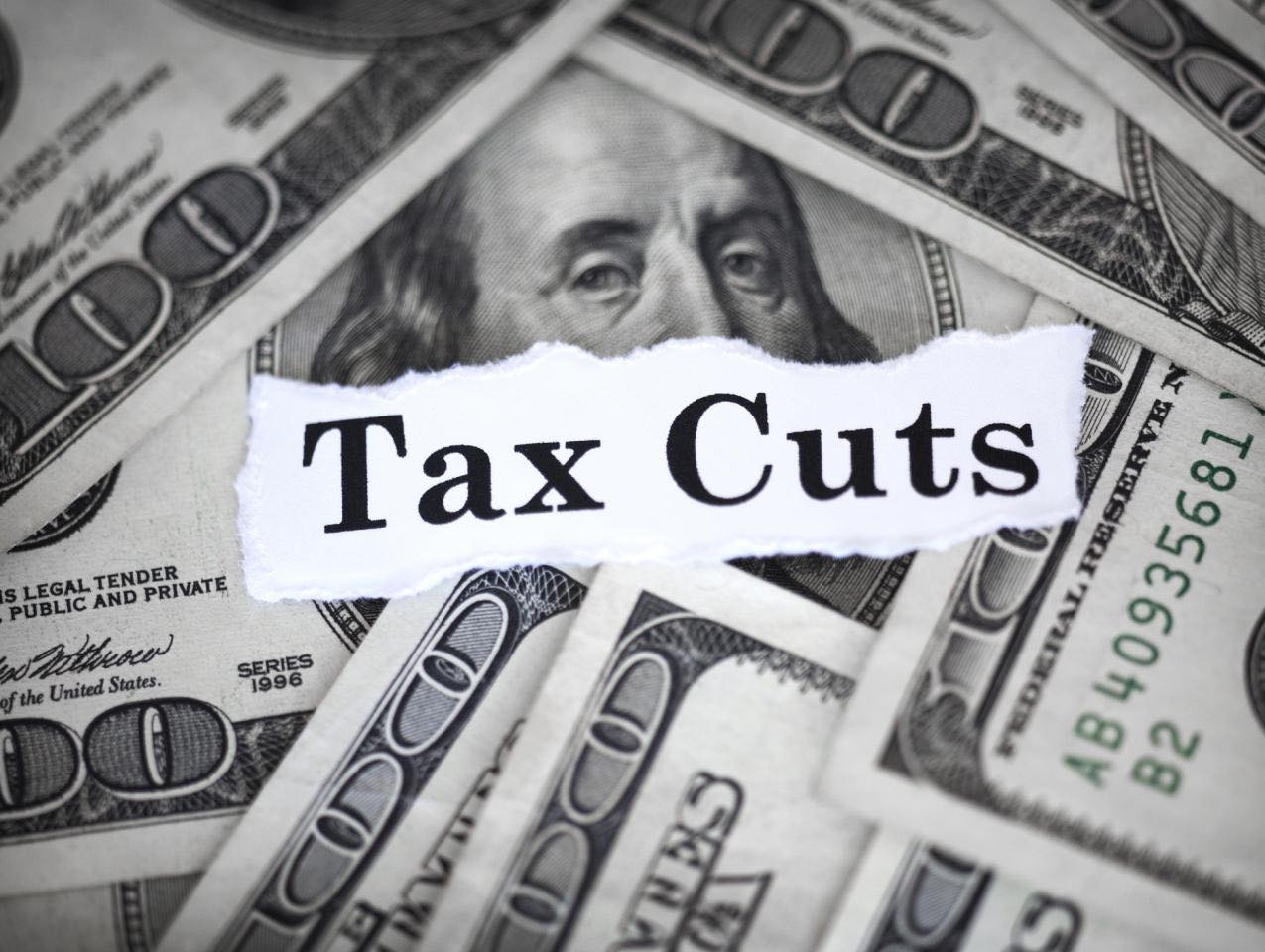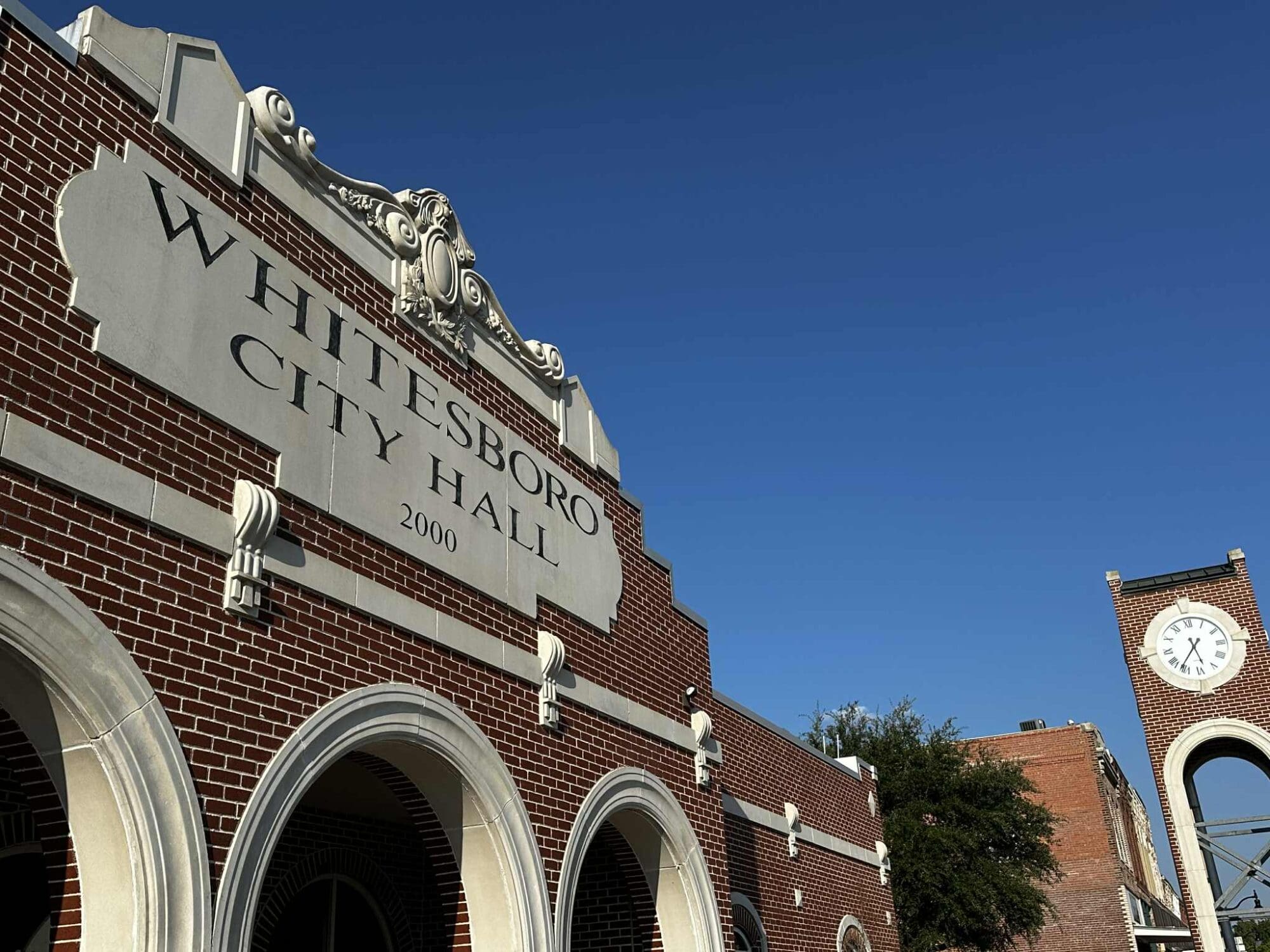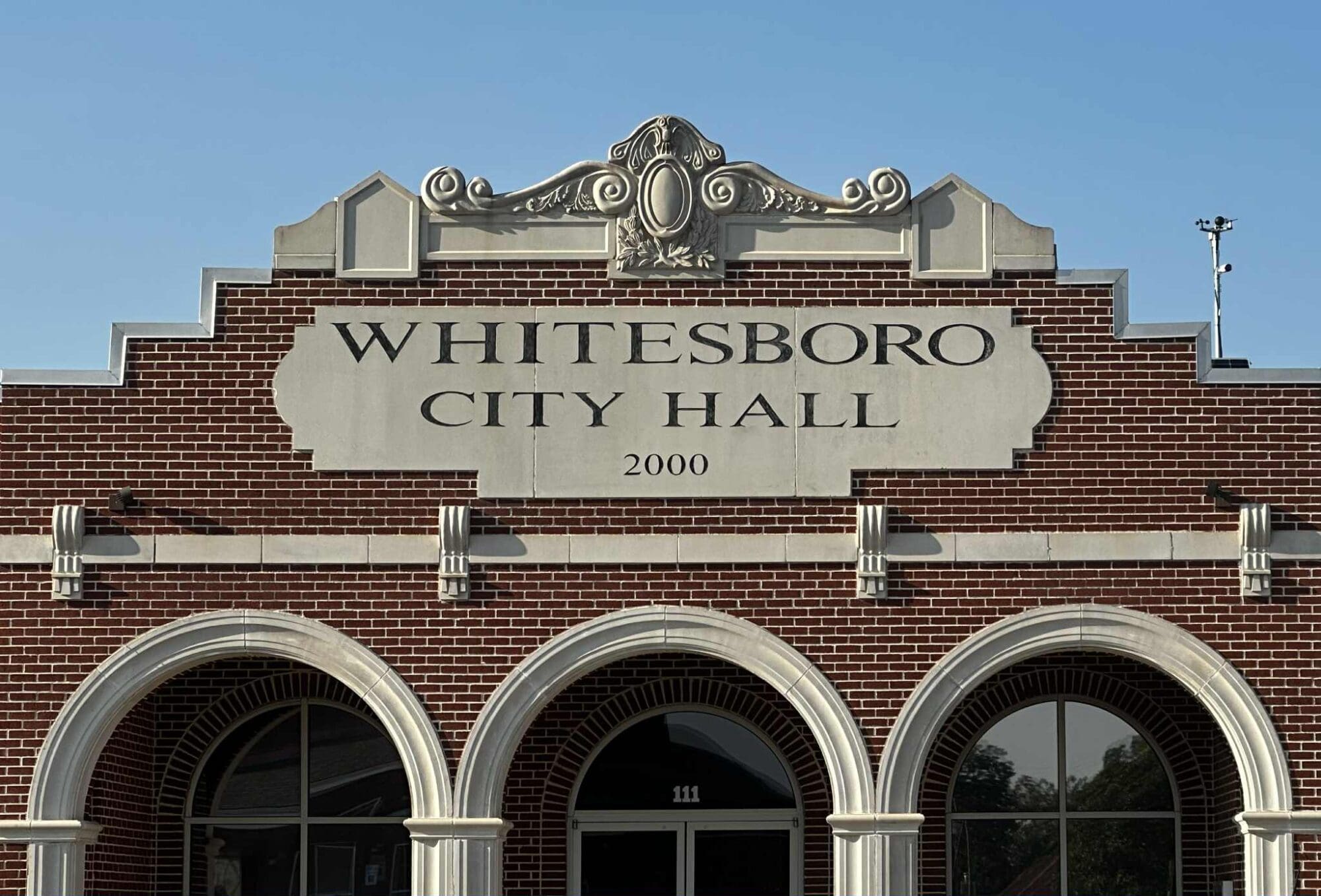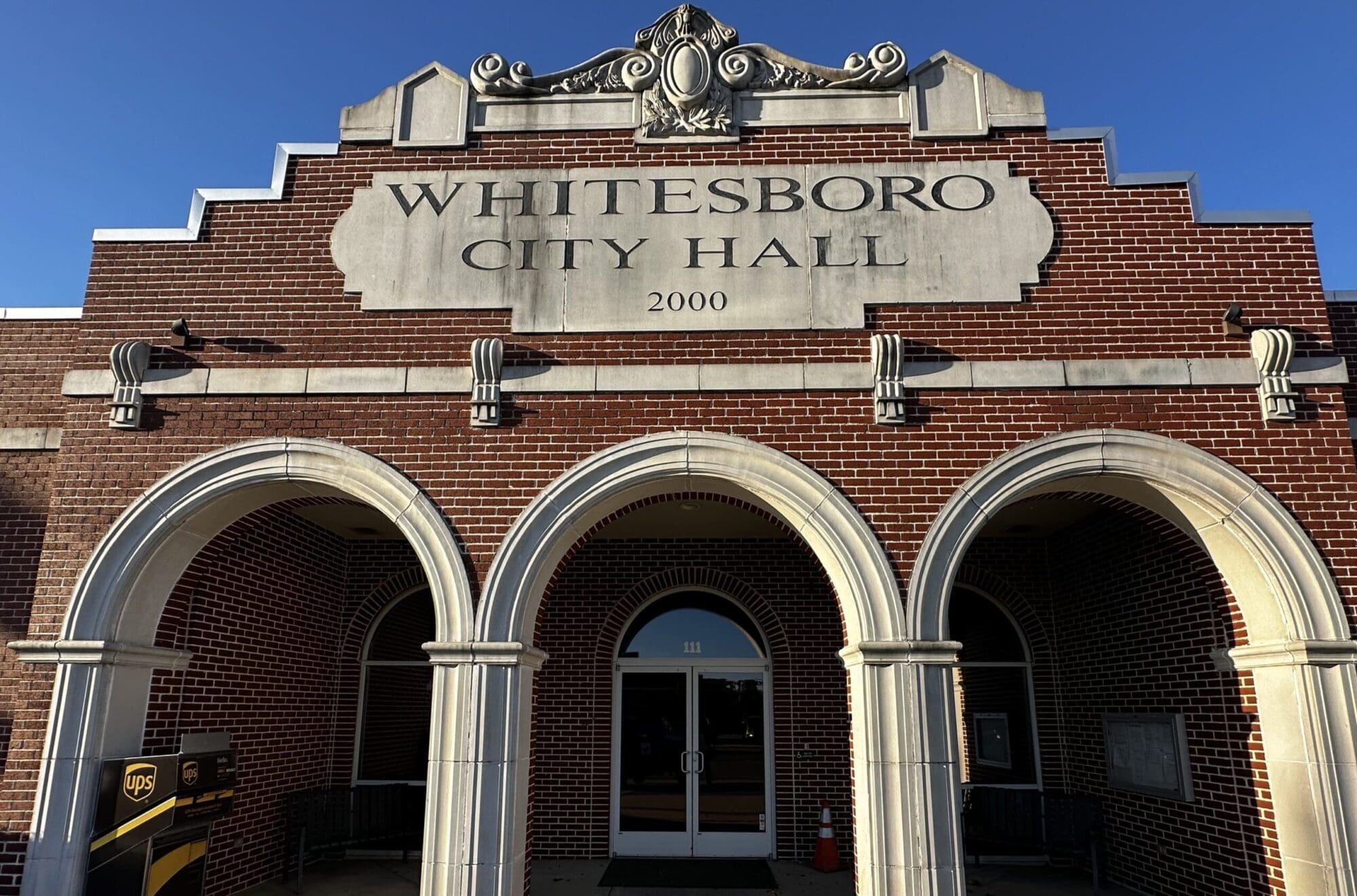Following the passage of Senate Bill 2, city officials in Harlingen are racing to hike local property taxes before reform legislation goes into effect next year.
Harlingen officials voted 3-1 on July 24 to move forward with the process of raising property taxes by 4 cents, amounting to an increase of about 7 percent, despite the opposition of local taxpayers. Though the city claims this is their first tax hike in 14 years, that may be an attempt to deceive the ill-informed taxpayer. Property values have continued to skyrocket, and the tax rate hasn’t been lowered enough to offset those increases, resulting in homeowners seeing a net increase in the property tax bills. Indeed, over the past 10 years, the total property value in Harlingen has increased by about $1 billion.
The effects on taxpayers are as follows: Under the new tax regime, a $50,000 property value will see a $20.59 increase, a $100,000 property value will see a $41.17 increase, and a $150,000 property value will see a $61.76 increase.
The city seeks to raise $1.3 million to fund one-time capital expenditures, including police cars, fire trucks, a generator for city hall, and an elevator at the library. A portion will also go towards funding drainage projects.
This proposed tax hike comes at a time of great distress for residents of Harlingen, as many are dealing with the costs of repairing flood-damaged homes. In June, Harlingen and surrounding areas were hit with a devastating flood, one the National Weather Service called “Great June Flood II.” Harlingen was among the cities hit the hardest, suffering damage to homes, businesses, and roads.
It is for this reason that City Commissioner Frank Puente says he cast his lone dissenting vote.
At a public hearing, citizens expressed their anger over the tax hike and called for greater fiscal responsibility, citing the city’s prior funding of a Bass Pro Shops store and a new convention center.
Following an outcry from taxpayers across the state for property tax relief, legislators passed Senate Bill 2 this past session. The law will require that most cities and taxing entities hold an election should they wish to raise property taxes by more than 3.5 percent of what they collected the previous year.
The purpose is to slow the growth of skyrocketing property taxes and allow more accountability by the voters; however, that law does not go into effect until 2020.
State tax code requires cities to hold two public hearings should the city seek to raise taxes above the effective tax rate. On Wednesday, August 7, local residents gathered at the first of those two hearings to voice their opinion. A second hearing will be held on Wednesday, August 21.





